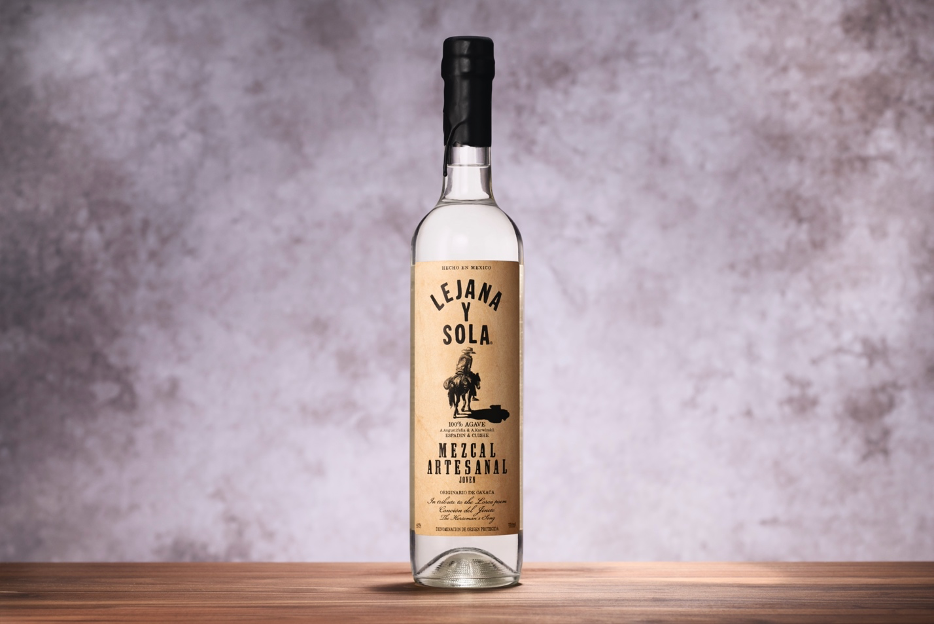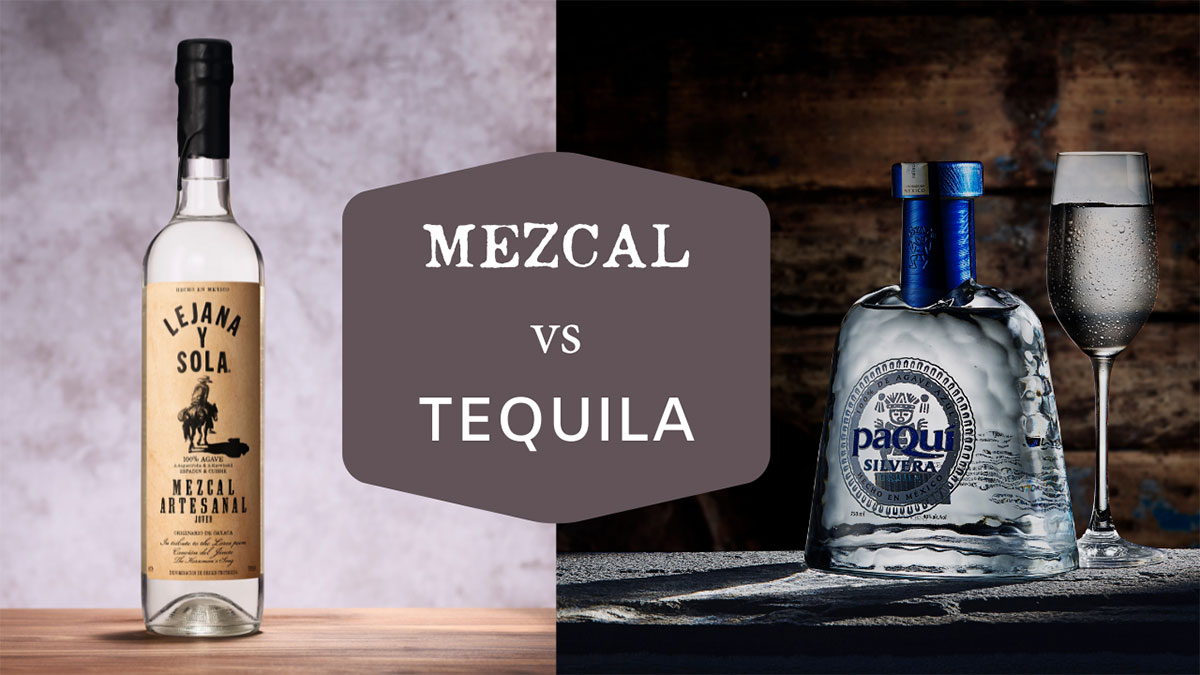Mezcal vs Tequila: Answering Your Most Popular Questions
Mezcal vs Tequila: Answering Your Most Popular Questions
One of the top five players in the US bars and restaurants scene, tequila is a well-known and loved Mexican spirit. But with a booming enthusiasm for artisanal drinks making its way through bars, mezcal has been taking the spirits industry by storm.
Though mezcal and tequila both come from the agave plant, they are not the same. While tequila is a type of mezcal, mezcal is not always tequila. Both hailing from ancestral Mexico, that’s just one of many differences between these complex and hugely popular agave spirits.
The Distillation Process: Mezcal vs Tequila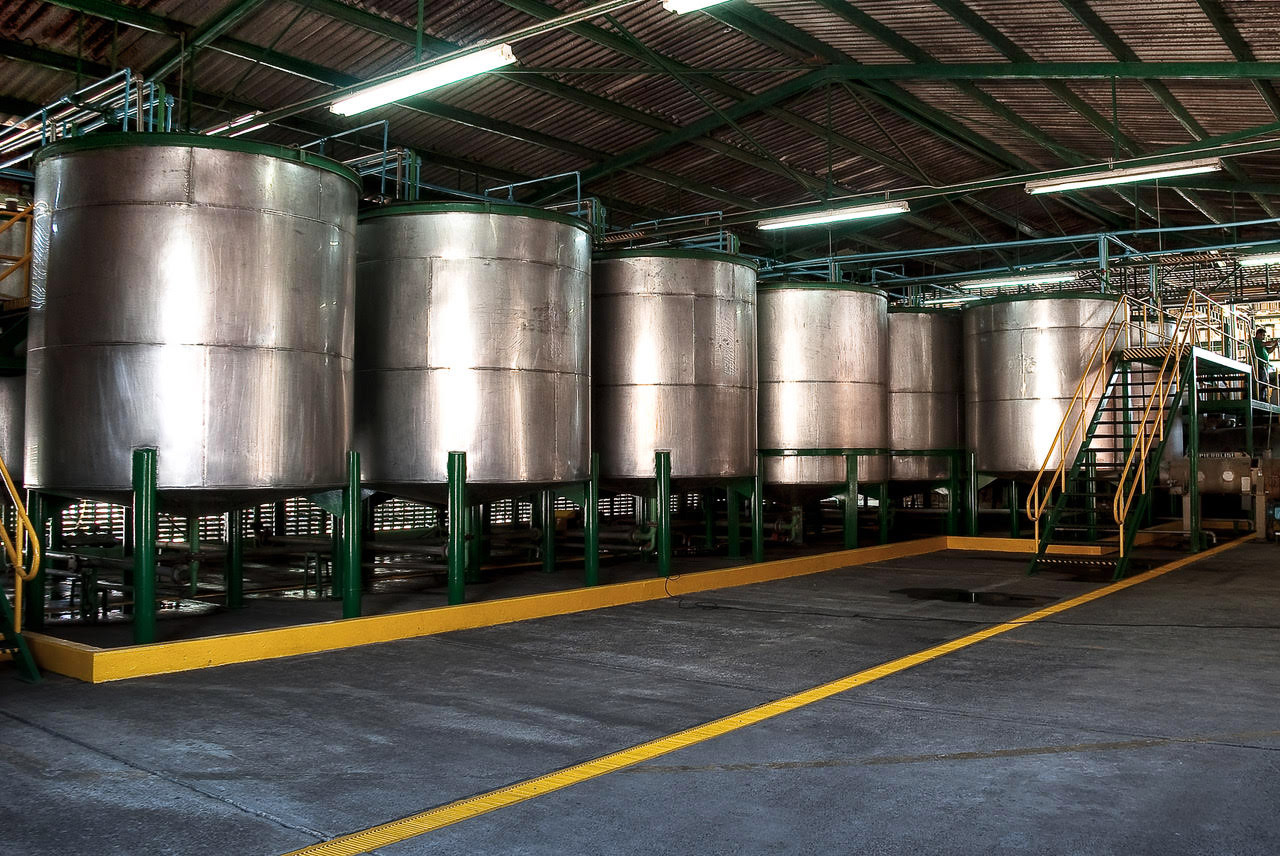
Both tequila and mezcal are made from harvesting the fruit of the agave plant, but the distillation process used to do this is very different for each. Traditionally, tequila is made in modern distilleries, first being steamed inside industrial ovens before being distilled in pots or vats.
On the other hand, most mezcal brands are made using various forms of traditional, artisanal methods in family-owned small distilleries called palenques. Though there are some large scale mezcal producers who use more modern methods, the artisanal traditions are a strong and enduring hallmark of this spirit.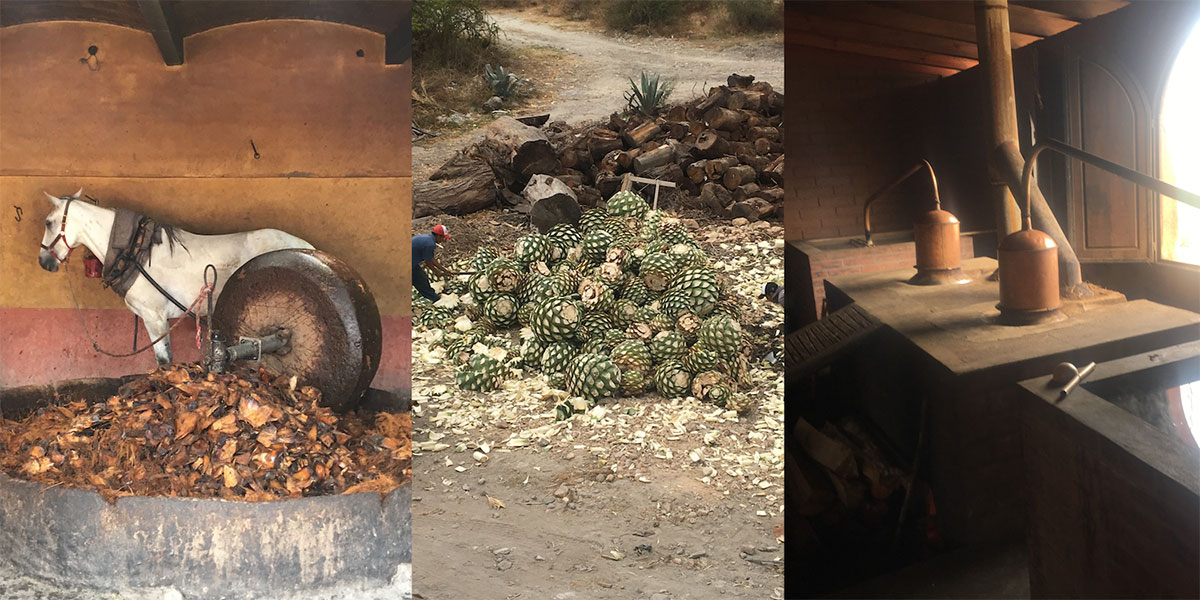 In the case of Lejana Y Sola, a “mezcal artisanal”, there is no electricity used in the distillation process – just man, horse, wood, stone, copper and fire. First, the Espadin and Cuishe agaves are roasted over oak in a stone-lined fire pit, then crushed by a horse drawn tahona, fermented in wooden tanks and finally double distilled in a copper alambique.
In the case of Lejana Y Sola, a “mezcal artisanal”, there is no electricity used in the distillation process – just man, horse, wood, stone, copper and fire. First, the Espadin and Cuishe agaves are roasted over oak in a stone-lined fire pit, then crushed by a horse drawn tahona, fermented in wooden tanks and finally double distilled in a copper alambique.
Pechuga is another style of mezcal that has its own intriguing way of crafting that involves hanging a piece of raw chicken breast inside the still during distillation. Although slightly “gimmicky” and not exactly our cup of tea, the Pechuga does showcase the unique ways one can craft mezcal vs. tequila, which is much more precisely defined.
Made In Different Regions With Different Types of Agave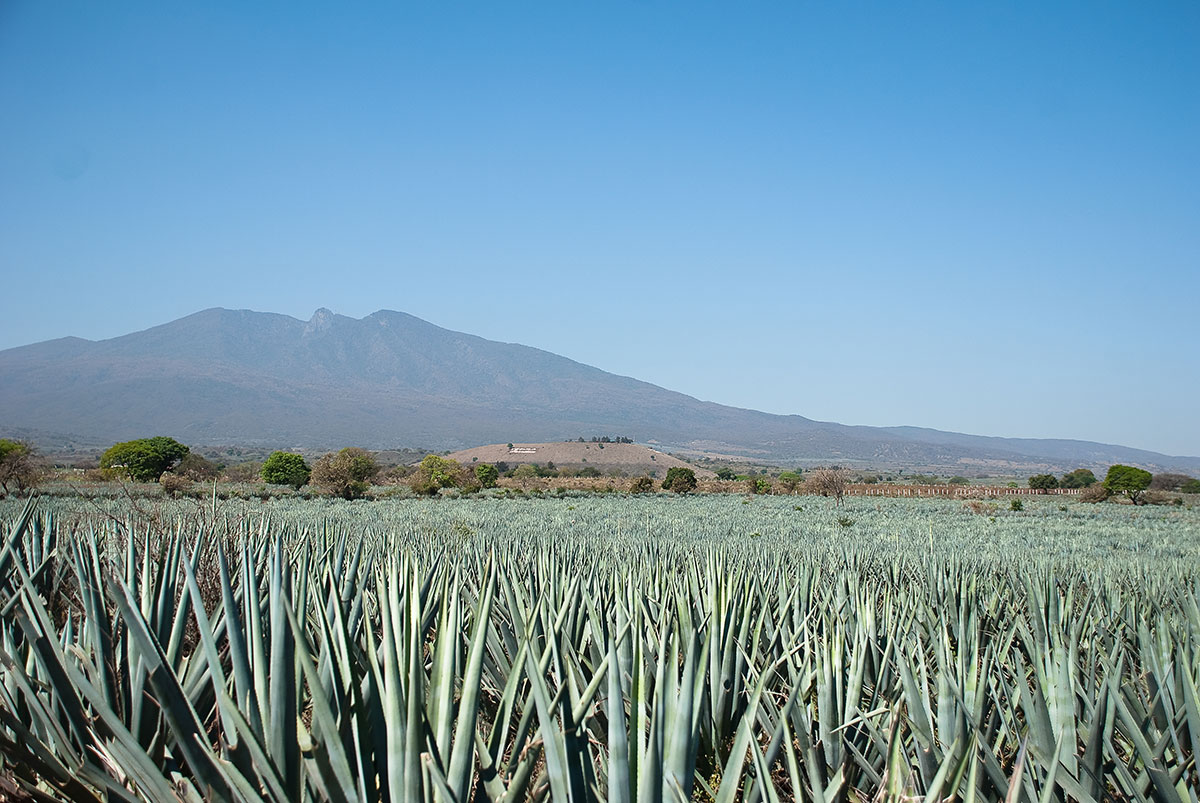 Tequila can only be made of Blue Weber Agave and must be harvested, distilled and bottled within these five states in Mexico: Jalisco, Nayarit, Tamaulipas, Michoacán, and Guanajuato.
Tequila can only be made of Blue Weber Agave and must be harvested, distilled and bottled within these five states in Mexico: Jalisco, Nayarit, Tamaulipas, Michoacán, and Guanajuato.
On the other hand, Mezcal can be made from more than 30 varieties of agave including the most common Espadín, but also wild-growing varieties such as Cuishe, Tobalá, Barrio, and Tobaziche. Mezcal can also be produced in nine different areas of Mexico, including Durango, Guanajuato, Guerrero, San Luis Potosi, Tamaulipas, Zacatecas, Michoacán, Puebla and Oaxaca.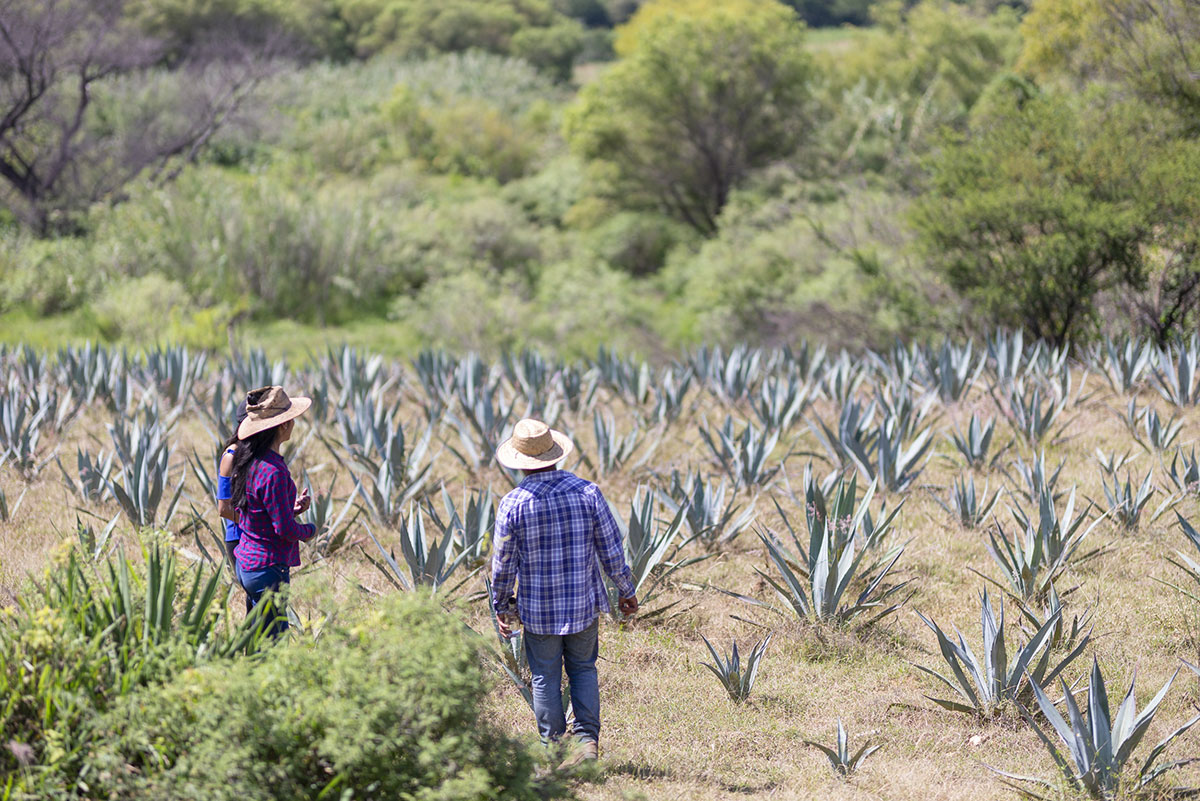 While guidelines for Tequila may sound more specific, tequila can also have up to 49% of other additives, like corn syrup and molasses and still be labeled as a tequila (tequila mixto), while mezcal can be made with no other additives.
While guidelines for Tequila may sound more specific, tequila can also have up to 49% of other additives, like corn syrup and molasses and still be labeled as a tequila (tequila mixto), while mezcal can be made with no other additives.
This distinction often defines mezcal as a cleaner spirit than low-end tequila varieties. However, premium tequila brands made of 100% blue agave and no additives are held to the same ingredient standards as mezcal.
What is the Flavor Profile of Mezcal, and How Does it Differ from Tequila?
Crafted using wood, charcoal and fire, the flavor of mezcal is much more earthy, mysterious, and smoky than its counterpart. Unlike tequila, mezcal can be made from dozens of other types of agaves that often grow wild on communal lands in the mezcal-approved regions. These wild agaves have very distinct, often mysterious and pungent flavors that cover a huge range of possibility with how the resulting liquid can taste.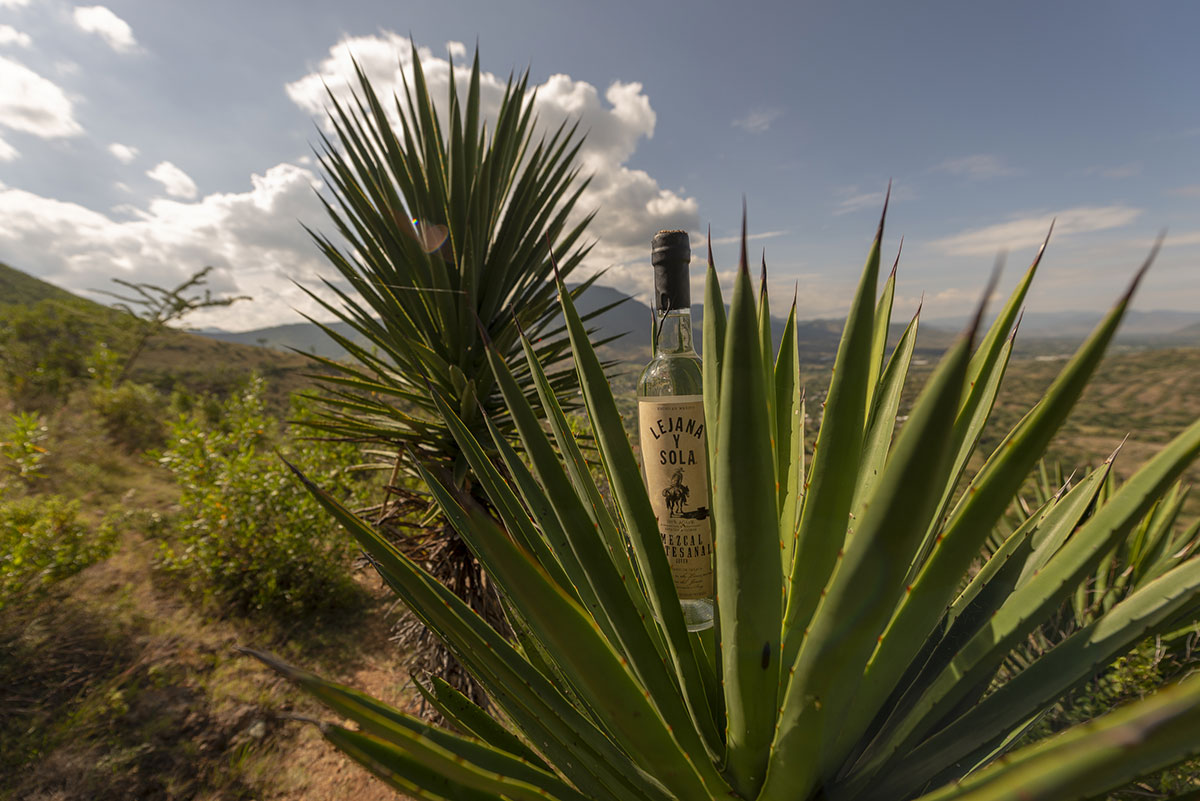 Lejana Y Sola is an Ensemble Mezcal – a mezcal crafted from masterfully blending the Espadín and wild Cuishe agaves to strike a delicious flavor and taste profile.
Lejana Y Sola is an Ensemble Mezcal – a mezcal crafted from masterfully blending the Espadín and wild Cuishe agaves to strike a delicious flavor and taste profile.
PaQuí Tequila, on the other hand, only uses 100% blue weber agave and relies on our proprietary selective distillation process to draw out from the wide range of sweet agave notes and undertones of florals, citrus, spice and more from that one type of agave.
Delicious Artesanal Mezcal - Try Lejana Y Sola
Many factors combine to make a delicious mezcal. Having the perfectly ripened agaves, controlling the amount of smoke during distillation, the skill of the Mescalero, and the use of wild agaves in blends will all affect the taste of Mezcal.
If you are looking for a wider range of agave experiences, want a new culinary adventure, or want to enjoy delicious yet mysterious, somewhat intoxicating earthy flavors of Oaxaca that you may have not yet encountered, Lejana Y Sola mezcal is a pleasurable, and highly drinkable place to begin.